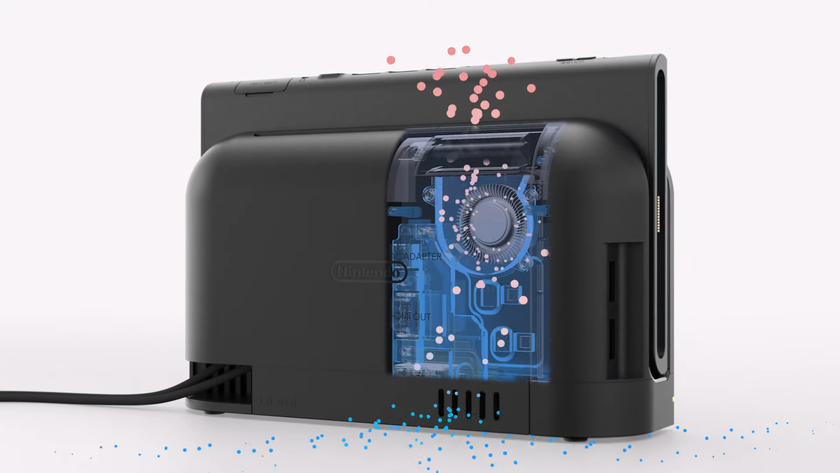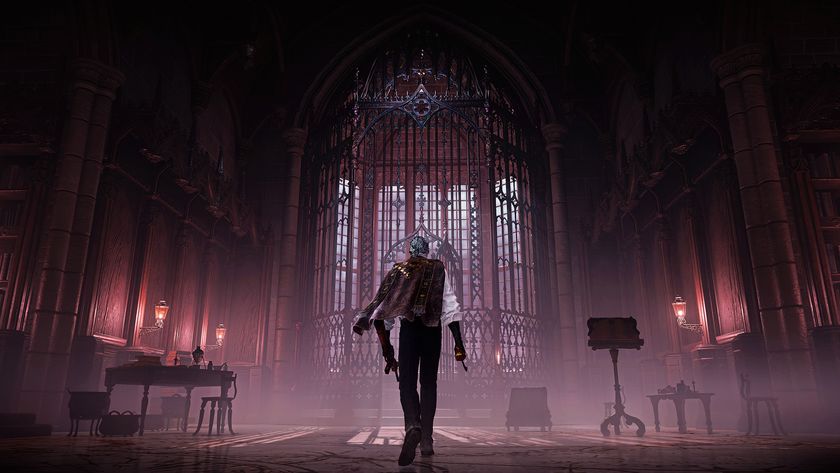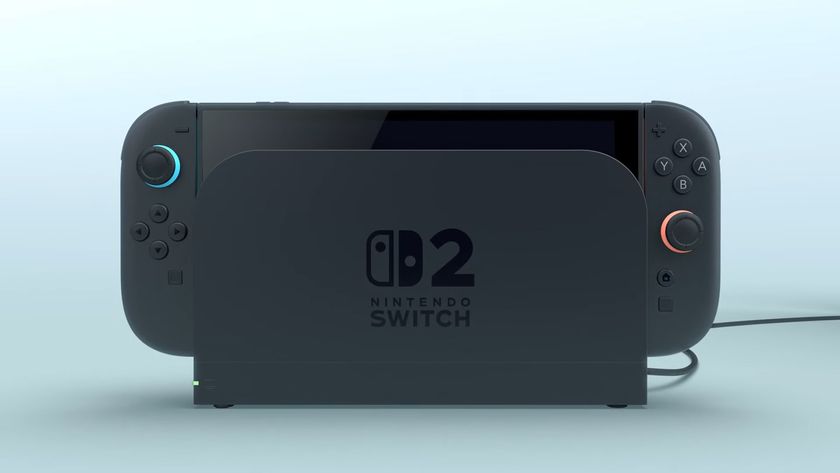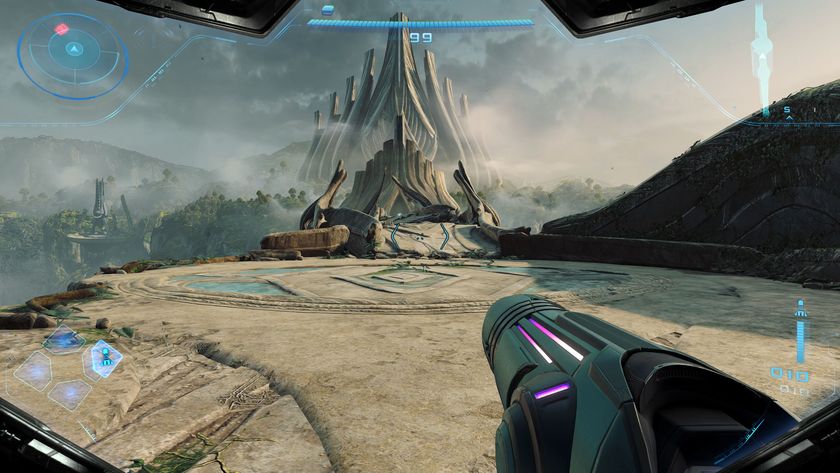How to buy a PC graphics card that suits your lifestyle and your wallet
If you're itching for an upgrade, it's a good time to buy a new graphics card
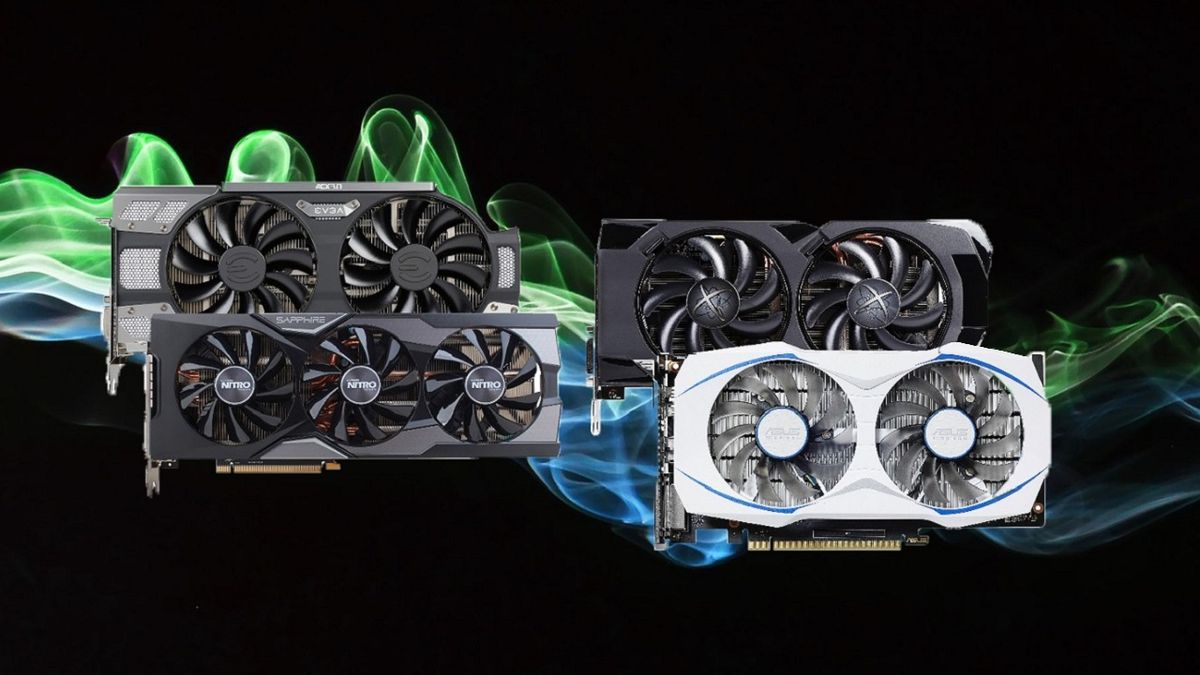
It’s finally possible again to buy a PC graphics card without getting price gouged. With the crypto-mining craze starting to stabilize and the arrival of efficient ASIC miners replacing much of the demand for GPUs, alongside the imminent launch of Nvidia’s 20 series, graphics cards can again be found at around (or even below) MSRP, particularly if you’re lucky enough to find them in stock at physical retailers. If you were put off by the massive spike in prices around the beginning of the year, or are just getting the itch to upgrade, it’s finally starting to again resemble something of a buyer’s market for GPUs.
A proper graphics card will always be the anchor of any gaming PC build (check out our how to build a gaming PC guide if you’re looking to assemble a machine from scratch). It’s the beating heart that is primarily responsible for rendering the increasingly mind-blowing, photorealistic graphics of the modern AAA video game behemoths and is the key to smooth performance at high resolutions and max settings. For those on the cusp of, or fully immersed in, the 4K generation, a graphics card will be the difference between a consistent frame rate and an agonizing slideshow. For some of the games you’ll want to test out your new card with, check out our list of the best PC games you can play right now. Check out our list of the best graphics cards for PC for a more thorough breakdown of what's available.
When's the best time to buy a new graphics card?
Why you can trust 12DOVE
If you’re committed to being on the cutting edge of graphics technology, and are deeply interested in ray tracing technology, it’s in your best interest to wait until the release of the 20 series later this month (the 2080 and 2080 Ti, releasing simultaneously for the first time, are both expected to ship on September 20th, with no release date announced as yet for the 2070 model). On the other hand, if you’re looking for a high performance card now and don’t have a tremendous amount of money, prices are in a good spot right now, with retailers looking to move stock of the current generation of cards before the new models hog all the spotlight.
If you’ve just bought a shiny new 4K TV or gaming monitor (if you’re shopping for either, check out our guides to the best LG 4K TVs and best gaming monitors), or even a 1440p display with a blazing refresh rate, you’ll need a powerful graphics card to take advantage of it. Or if you’ve been upgrading less expensive components in your PC and the GPU is the last item on your list, the price depression is a great excuse to finish your build. If you’ve been plugging along with your motherboard’s onboard graphics or you find that your older card is starting to stagger under the load of the current crop of games, particularly with the holiday crop of titles starting to loom large on the horizon, an upgrade will you leave you well positioned for a blissful winter of gaming.
- The best CPUs for PC gaming to help finish your build
- Some of the best controllers for PC gaming
- And the best DDR RAM for PC gaming to complement your GPU
Getting prepped
Once you’ve decided to invest in a new video card, you need to make sure your PC is prepared to accept it and compatible with the card you choose. First, you need to make sure your power supply has enough of the six or eight pin connectors your card requires; check the card’s specs and make sure your PSU can accommodate it. You’ll also need to ensure you have enough wattage overhead to handle the demands of your new card. Fortunately, many newer cards actually draw less power and are more efficient than previous iterations, but you’ll want to double check; if you do need to grab a new power supply, they’re relatively inexpensive, just look for something with an 80 Plus efficiency rating of gold or higher that suits your needs (and will fit into your case).
Speaking of which, graphics cards can differ in size even within the same model designation; some manufacturers add length to a card to fit additional cooling fans, claiming another couple of inches of precious space inside your case (if you do need to replace your case, read our guide to the best cases for gaming PCs). Make sure you’ve got the room to spare, and that adding a new card won’t leave your case too crowded for proper cooling; graphics cards can generate significant heat, so you’ll want to ensure there’s plenty of air flow or additional fans (or even a liquid cooling rig) to keep temps stable. And be sure to check that you’ve got proper PCIe slots/lanes to suit your new hardware, particularly if you intend to buy multiple cards and SLI them together.
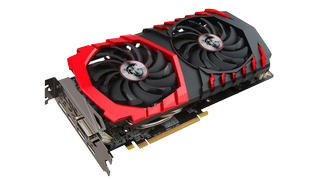
Choosing a card that’s right for you
First, you’ll need to settle on a budget, a rough range you’re willing to spend on your shiny new graphics card. While it fluctuates with every iteration, at the moment Nvidia has a slight edge in terms of value and performance over their major rival AMD, though both manufacturers have strong options in every range, from elite performance to budget units.
Once you’ve got a budget and a specific card in mind, don’t take the current price stabilization for granted. Check the MSRP of the card you want online before you buy and make sure you’re not getting ripped off. Be sure to shop around, and compare prices online to what’s available at local brick and mortar retailers. While conventional wisdom suggests shopping online is always cheaper, that’s often not the case when it comes to PC hardware; physical retailers will often offer some models only in-store, or will have promotions or sales at individual stores that won’t be reflected on their website. Patience can be a difficult virtue to cultivate, but when shopping for graphics cards, it will be rewarded.
Finally, don’t be afraid of refurbished or ‘white box’ units, if you can find them. They’re often offered at substantial discounts and are usually covered by generous warranty protection.
Some quick recommendations...
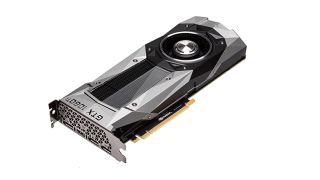
Nvidia GeForce GTX 1080Ti
If you’re purely looking for some quick suggestions, for the very best high end card currently available, the 1080 Ti is your best option. It’s a tremendously powerful, efficient card, and is currently available near or below MSRP, and that price may continue to drop in the coming weeks and after the launch of Nvidia’s 20 series. While there were reports the past few months of some overstock issues, I haven’t seen much substantiation, so waiting to buy while prices are reasonably low may be a dangerous game if stock dwindles. My advice is that, if you can find a 1080Ti at an attractive price, snap it up, unless there’s no urgency at all. It's a perfect part of a high-end gaming PC build.
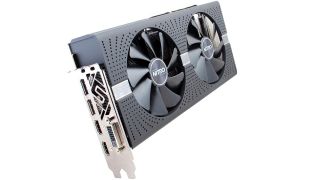
AMD Radeon RX 580 8GB
If you’re looking instead for a more affordable, slightly older mid-range card, AMD’s Radeon RX 580 8GB is a very strong choice, particularly since you can find them for around $240. The 580 can easily manhandle the 1080 generation of games, so if you have yet to invest in a 4K display and are on a tighter budget, it’s a cheap solution that will tide you over until you decide to adopt the next mega resolution.
Some online stores give us a small cut if you buy something through one of our links. Read our affiliate policy for more info.
Sign up to the 12DOVE Newsletter
Weekly digests, tales from the communities you love, and more
Alan Bradley was once a Hardware Writer for GamesRadar and PC Gamer, specialising in PC hardware. But, Alan is now a freelance journalist. He has bylines at Rolling Stone, Gamasutra, Variety, and more.



